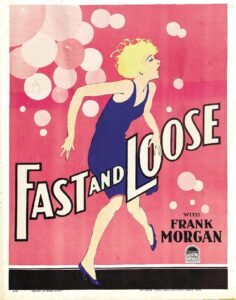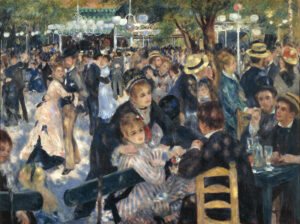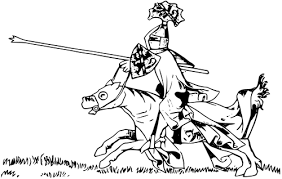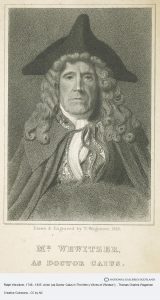 The Atlantic, still one of my favorite publications after more than 40 years as a subscriber, runs archived pieces from its illustrious past; no less a writer than Henry David Thoreau contributed to the magazine in its first decades. Recently Thoreau’s “Walking” ran and this passage by the sage of Walden Pond struck my fancy:
The Atlantic, still one of my favorite publications after more than 40 years as a subscriber, runs archived pieces from its illustrious past; no less a writer than Henry David Thoreau contributed to the magazine in its first decades. Recently Thoreau’s “Walking” ran and this passage by the sage of Walden Pond struck my fancy:
I have met with but one or two persons in the course of my life who understood the art of Walking, that is, of taking walks, — who had a genius, so to speak, for sauntering: which word is beautifully derived “from idle people who roved about the country, in the Middle Ages, and asked charity, under pretense of going à la Sainte Terre,” to the Holy Land, till the children exclaimed, “There goes a Sainte-Terrer,” a Saunterer, — a Holy-Lander.
There the Republic was in 1862, fighting for its life in a bitter Civil War, and Thoreau found solace in walking and in words. The OED lists the etymology of our word as “obscure,” noting only a 15th Century first recorded use. I’m going with Thoreau’s folk etymology, given no other compelling counterargument.
I’ve never encountered one connotation of sauntering before, given by the dictionary, to “wander or travel about aimlessly or unprofitably; to travel as a vagrant.” The next definition, given as “obsolete” is to stroll in a leisurely way.
Well then, I’m obsolete, like Thoreau who also rambled on his walks. The devil take the power-walkers, the step-counters, the harried moms I see on my way to work. They frantically push a baby, walk a dog, and talk on the phone at the same time.
Thoreau adds about sauntering that “we naturally go to the fields and woods: what would become of us, if we walked only in a garden or a mall?” Indeed. The writer worried about the fencing off of once-wild lands until the walker would only be able to stay on paths and roads. He hoped that day would be far off, and he got his wish. He died about the time The Atlantic ran his piece before our modern era of sign-posts and security systems, secure (as am I) that “in Wildness is the preservation of the World.”
So I encourage you to leave the smart watch counting your steps at home and just take a walk in a National or State Park. Yes, you’ll want a phone if you get lost or injured, but try sauntering. Take a topo map you’ve learned to read, a magnetic compass, water and snacks; I’ll defy Thoreau on that as I’ve been lost only once in the woods and my map-reading training got me out. Or stay on well marked trails. They are still wilder than where the baby-strollers and power-walkers make their frantic way.
Sauntering will refresh your soul, as Thoreau intended.
As we all saunter toward the Fall semester (my final one as Writing Center Director) send words and metaphors of interest to me by e-mail (jessid -at- richmond -dot- edu) or leaving a comment below.
See all of our Metaphors of the Month here and Words of the Week here.
Image: from Wikipedia, Thoreau’s Cabin (replica) and statue of the writer out sauntering, Walden Pond.









